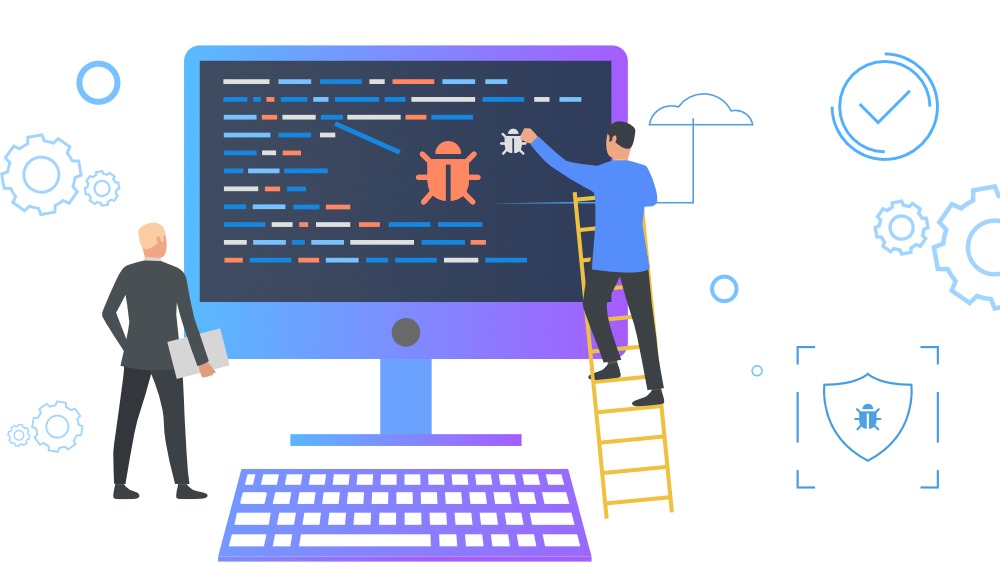Every programmer knows the feeling: you spend hours crafting your code, only to be met with an error message, unexpected behavior, or a program that simply refuses to work. This, my friends, is the dreaded bug. But fear not! For we have a powerful tool in our arsenal: debugging.

Debugging is the art (and sometimes science) of identifying and fixing errors in your code. It’s a crucial skill for any programmer, and one that can save you countless hours of frustration.
But where do you start? Here are some essential tips to conquer the debugging beast:
1. Isolate the problem:Start by narrowing down the scope of the issue. Does the entire program crash, or just a specific function? What are the inputs and expected outputs? The more specific you are, the easier it is to pinpoint the culprit.
Befriend the debugger:
- Most programming environments come with built-in debuggers, which allow you to step through your code line by line, inspect variables, and set breakpoints. Don’t be afraid to use this valuable tool!
- Print is your friend:
- Sometimes, a simple
printstatement can be your saving grace. Addprintstatements throughout your code to track the values of variables and see where things go wrong. - Rubber duck debugging:
- This may sound silly, but explaining your code to an imaginary rubber duck (or another programmer) can often help you identify logical errors or misunderstandings in your own thinking.
- Leverage the community:
- Don’t be afraid to ask for help! Online forums, communities, and Stack Overflow are full of programmers willing to lend a hand. Be clear about your problem and the steps you’ve already taken to get the best assistance.
- Divide and conquer:
- For complex problems, break your code down into smaller, more manageable chunks. This can help you isolate the error and fix it more quickly.
- Test early and often:
- The sooner you catch a bug, the easier it is to fix. Incorporate unit testing and other testing practices into your workflow to catch errors early on.
- Remember, debugging is a skill:
- Like any skill, debugging takes practice and patience. Don’t get discouraged if you don’t solve the problem immediately. Keep at it, learn from your mistakes, and you’ll become a debugging master in no time.
- Bonus tip: Take breaks! Staring at the same code for hours can make it difficult to see the problem clearly. Step away, take a walk, come back with fresh eyes, and you might just see the solution staring you in the face
- Debugging may not be the most glamorous part of programming, but it’s an essential skill that will make you a better, more efficient coder. So embrace the challenge, hone your debugging skills, and conquer those pesky bugs!